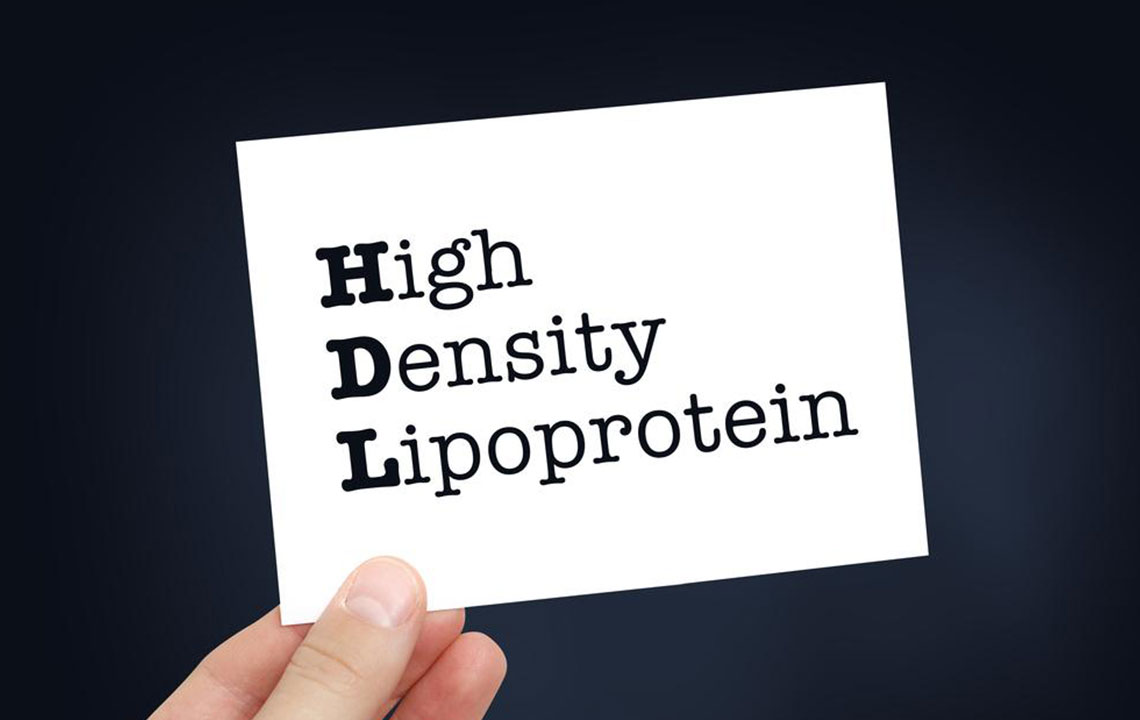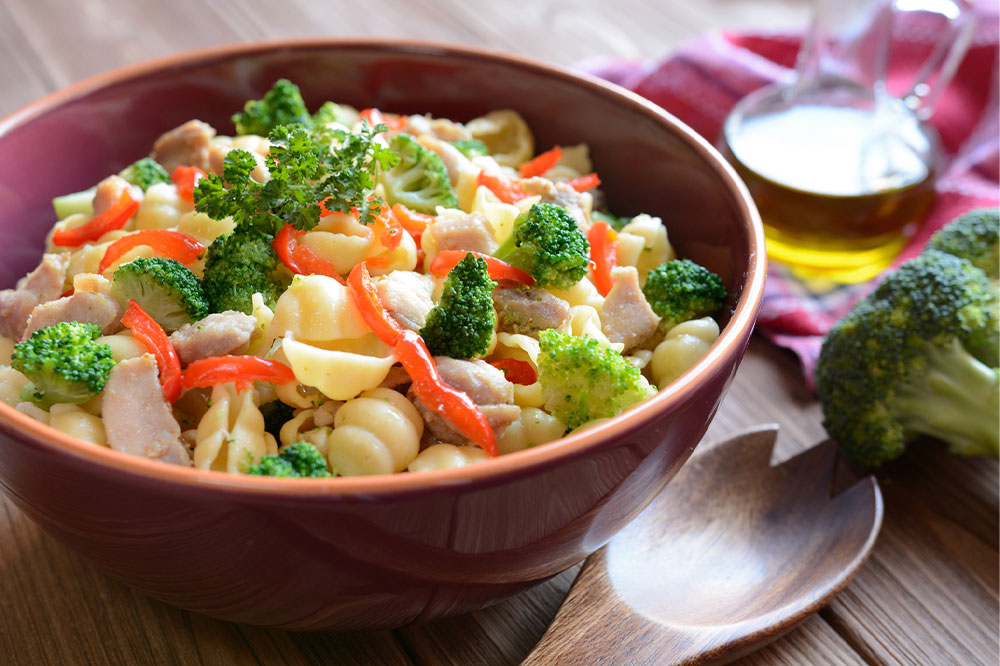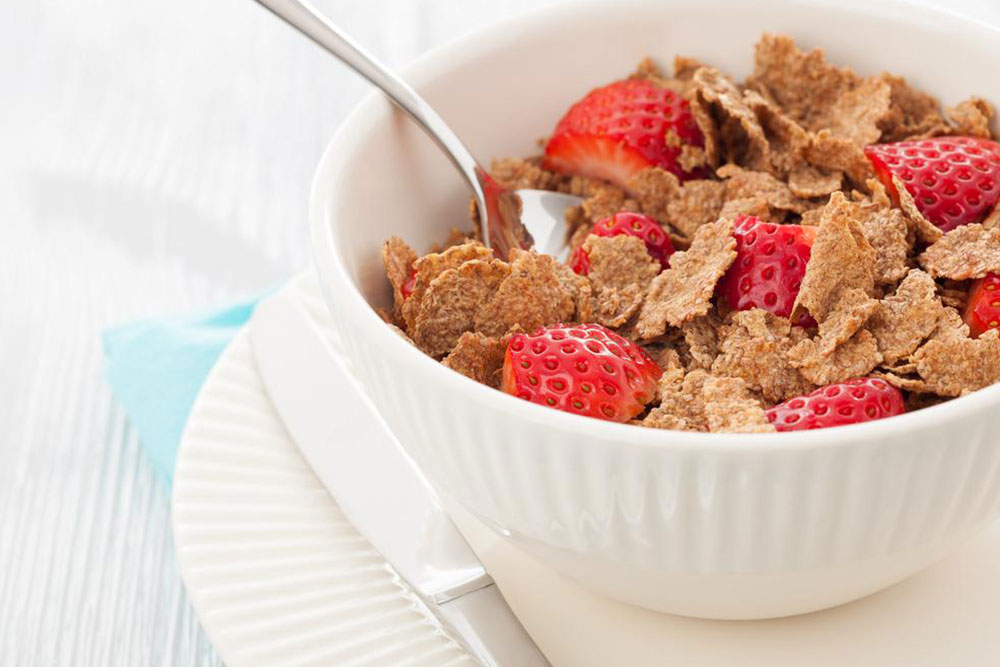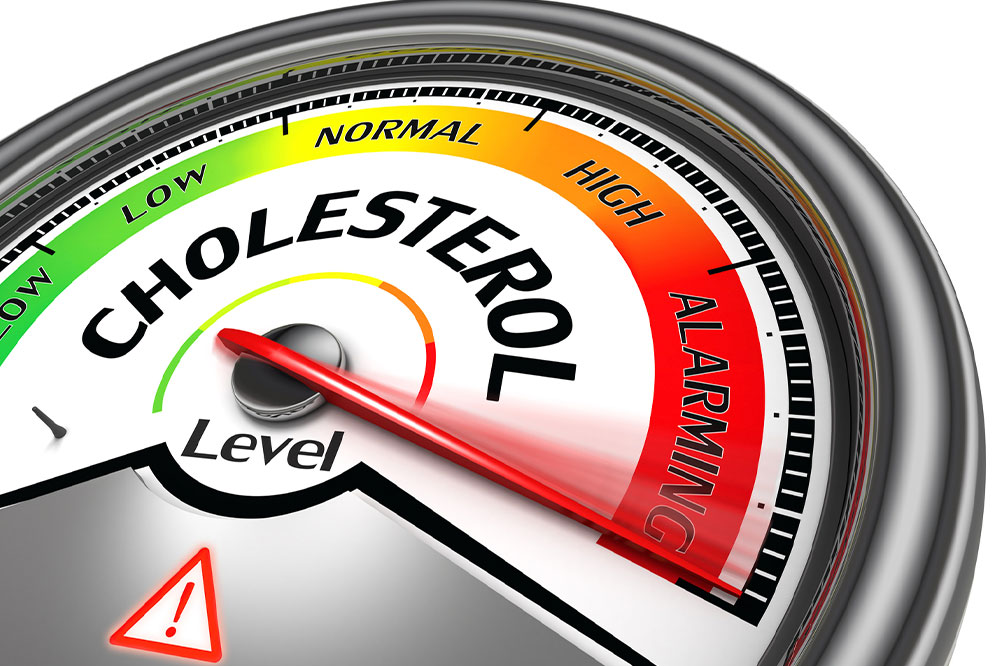Proven Methods to Boost Your Good Cholesterol (HDL) Levels
Discover effective strategies to enhance your good cholesterol (HDL) levels with dietary tips, healthy fats, and regular exercise. Learn how balancing cholesterol types can improve heart health and reduce disease risks through proven methods and lifestyle changes.

Proven Methods to Boost Your Good Cholesterol (HDL) Levels
Contrary to common belief, not all cholesterol is harmful. Fats are vital for various metabolic functions in the body. While some cholesterol is naturally produced when consuming fats, high levels of bad cholesterol (LDL) can pose health risks. Achieving balanced cholesterol involves increasing HDL (the beneficial type) while managing LDL levels through a nutritious diet and regular physical activity.
Understanding Cholesterol Types
HDL (High-Density Lipoprotein) is the good cholesterol that aids in reducing LDL and decreasing risks of cardiovascular diseases. Doctors often evaluate HDL levels first; higher HDL indicates better heart health. Studies consistently associate low HDL with increased heart problems.
LDL (Low-Density Lipoprotein) is the harmful cholesterol responsible for plaque buildup in arteries, which can block blood flow and cause heart attacks. Managing LDL via diet and exercise is essential for heart health.
Triglycerides are fats stored from excess calories. Elevated triglycerides alongside low HDL and high LDL can increase cardiovascular risks.
Cholesterol and Heart Well-being Excess cholesterol in arteries forms plaques that restrict blood flow, raising the likelihood of cardiac events. Controlling cholesterol by lowering triglycerides and LDL while raising HDL is key to maintaining cardiovascular health.
Diet Tips Reducing saturated fats and sugars helps keep LDL in check. Increasing intake of fiber and plant sterols can lower bad cholesterol. Foods like nuts, fatty fish, and olive oil naturally boost HDL due to their anti-inflammatory effects.
Foods Supporting HDL Enhancement
Nuts: Almonds, walnuts, hazelnuts, pistachios, and peanuts supply healthy fats that raise HDL levels.
Seafood: Eating fatty fish such as salmon, mackerel, and tuna twice a week provides Omega-3 fats that benefit heart health. Plant-based options include flaxseeds and hemp seeds.
Olive Oil: A Mediterranean diet staple, rich in unsaturated fats that increase HDL and lower heart disease risk.
Avocado: Despite their fat content, avocados contain healthy fats that improve cholesterol balance, suitable for spreads and substitutions.
Oatmeal: High in soluble fiber, oatmeal helps elevate HDL and supports overall cardiovascular health.
In addition to diet, consistent exercise is critical. Engage in at least 30 minutes of cardio five times weekly to keep your HDL levels healthy and your heart strong.
Note:
This blog provides insights and practical health tips based on extensive research. However, these should not replace professional medical advice. Always consult healthcare providers for personalized recommendations. The site is not liable for inaccuracies or regional differences in information. Availability of schemes and benefits may vary depending on location.


